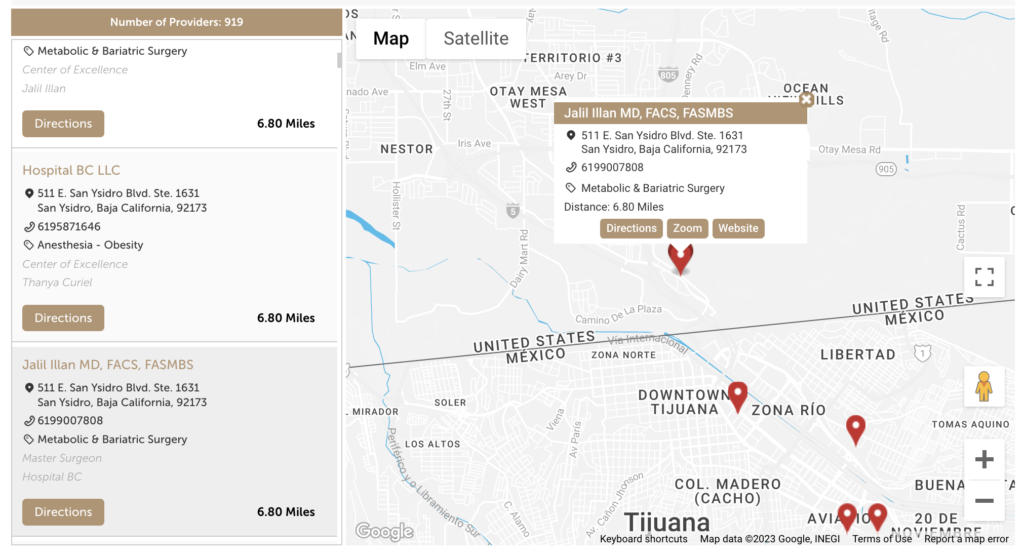The American Society of Metabolic and Bariatric Surgery (ASMBS) and the International Federation for the Surgery of Obesity and Metabolic Disorders (IFSO) recently released new guidelines for weight-loss surgery. This is the first update to these guidelines in over 30 years, so everyone considering or has had a weight-loss procedure must understand them.
If you choose a weight-loss procedure, your bariatric surgeon will consider factors such as your body mass index (BMI), comorbidities, and lifestyle habits.
Read more: Top 10 Must-Ask Questions for Your Bariatric Surgeon.
The new recommendations set minimum standards for assessing eligibility and readiness for weight-loss surgery. Read on to understand the criteria for eligibility and the risks associated with bariatric surgery.
New Eligibility for Weight Loss Surgery
Eligibility requirements for weight-loss surgery have shifted significantly in the last 30 years. Changes to the criteria are now based on an individual’s body mass index (BMI) instead of their total body fat percentage. Certain exceptions can be made for individuals with low BMIs who meet specific metabolic criteria or have certain conditions that may put them at risk.
The ASMBS recently published its updated guidelines, which are intended to help ensure that people who may benefit from bariatric surgery have access. According to the new guidelines, individuals with a BMI of 30 or higher may qualify for weight-loss surgery as long as they have at least one weight-related health condition, which includes diabetes, high blood pressure, sleep apnea, or any heart disease.
Individuals with a BMI of 27.5 or higher who have two or more obesity-related health conditions also qualify.
New criteria have made it possible for those children and adolescents, who suffer from severe obesity, to be eligible for weight-loss surgery. To be more precise, individuals with a BMI higher than 140% of the 95th percentile or above 120% plus comorbidity can undergo further evaluation.
Bariatric Surgery and Insurance: What Should You Know?
Bariatric surgery is a major medical procedure that has become increasingly popular recently. It involves reducing the stomach size to help people with severe obesity achieve long-term weight loss and improve overall health. Although bariatric surgery can be life-changing, cost remains a significant barrier for many patients. That’s why it’s essential to understand the new guidelines for insurance coverage of bariatric surgery and what they mean for you.
Many leading insurers now cover bariatric surgery, including Medicare and Medicaid. The American Society for Metabolic & Bariatric Surgery (ASMBS) recently released new guidelines on insurance coverage of the procedure. These guidelines provide essential information about which procedures are covered, what insurance companies look for in candidates, and how to maximize coverage.
Why the New Weight-loss Surgery Guidelines?
The new weight-loss surgery guidelines respond to rising obesity, diabetes, and other chronic conditions associated with poor nutrition. ASMBS recognized the need for an updated set of guidelines as many individuals have been changing bariatric procedures to manage their weight-related health issues. By updating the guidelines, the ASMBS hopes to ensure that bariatric procedures are performed safely and effectively while reducing related risks.
Call Dr. Jalil Illan for the best weight loss surgery in Mexico. We are committed to giving our patients the highest level of care and strive to give them a better quality of life. We offer different types of bariatric procedures. Our expert team is dedicated to helping you achieve your health goals and can provide personalized advice.







